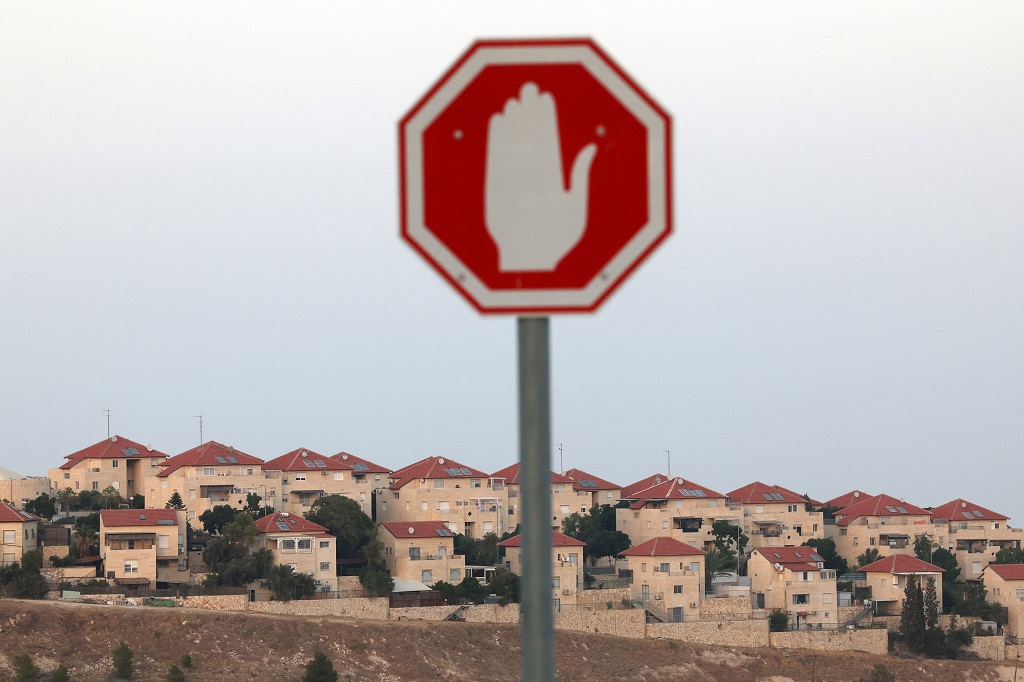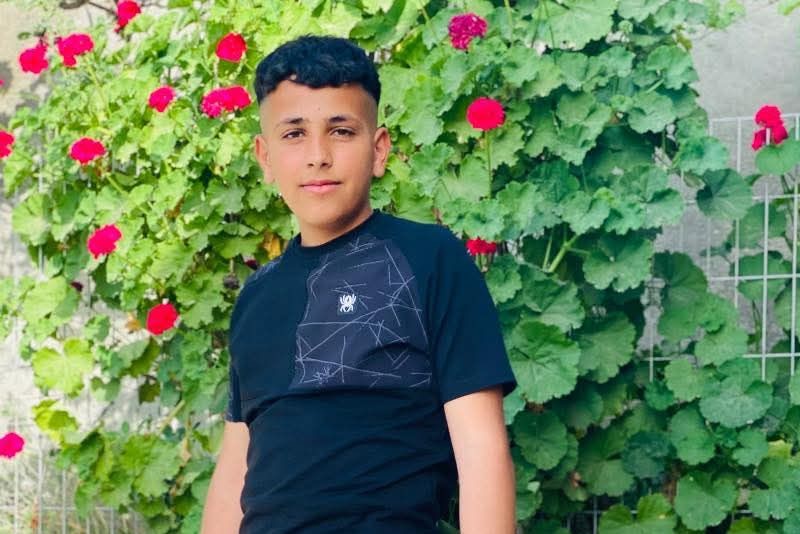RAMALLAH,
June 24, 2015 (WAFA) - American jurist Mary Davis, who headed the independent
United Nations probe into the events of 2014 aggression on the Gaza Strip, said
that Israel must reexamine its policy of using its military might, because it
led to what she called “unprecedented destruction and to the killing of about
1,500 innocent civilians.”
“We
wanted to make a strong stand that the whole use of explosive weapons in
densely populated neighborhoods is problematic and that the policy needs to
change,” she emphasized in an exclsive phone interview from Geneva with the
Israeli daily, Haaretz.
She said, “Because it is not OK to
drop a one-ton bomb in the middle of a neighborhood.”
The
United Nations Independent Commission of Inquiry on the 2014 Gaza conflict
shared a press statement on the UN Human Rights website, saying it has gathered
“substantial information pointing to the possible commission of war crimes by
both Israel and Palestinian armed groups.”
While
the commission is scheduled to formally present its report to the UN
Human Rights Council on 29 June 2015 in Geneva, it reported, “The 2014
hostilities saw a huge increase in firepower used in Gaza, with more than 6,000
airstrikes by Israel and approximately 50,000 tank and artillery shells fired.
In the 51 day operation, 1,462 Palestinian civilians were killed, a third of
them children.'
Israeli
officials attacks against the committee increased in recent weeks, said
Haaretz. Israeli Prime Minister Benjamin Netanyahu said a few days before the
report's publication it would be a waste of time to read it, because the committee
was biased against Israel.
Israel
further refused to cooperate with the committee by granting it access to Gaza
or to the Israeli communities surrounding in the south. The eyewitnesses on
both sides were interviewed either in Jordan or Geneva.
Davis
responded to Israel’s lack of cooperation saying that Israel needs to determine
its interests. She further pointed that the report would have looked different
if Israel decided to collaborate with the committee. 'We didn’t get
cooperation from Israel so we found other ways.'
“We
could have met with Israeli victims and seen where rockets landed, talked with
commanders, watched videos and visited Gaza. We talked to a lot of witnesses
but of course an investigation needs to be as close to the scene as possible
and it would have looked different.”
Despite
of Israel’s attempts to foil the investigation and the report, the committee
relied on other means to gather testimonies and data, including the internet. “We
used a lot of the material Israel posted online and the Israeli point of view
was represented in the report,” she explained.
When
asked if Israel’s refusal to cooperate with the inquiry committee has
undermined the reliability of the report, she told Haaretz, “I don’t think so.
We are very candid in the report about the limitations we worked under.”
Admitting
that the report lacked firsthand evidence on many things, she said that the
committee did the best it could do and gathered a large number of testimonies.
“I think the report gave a good picture to the
world on what went on last summer in Gaza. We were not a judicial investigation
and this is why we were not pointing fingers at anybody specific,” Davis added.
Responding to claims that the
report balances between the actions of Israel and Hamas, she said, “We were not in charge of conducting a moral investigation but to
check if the international law was violated. We were not looking to balance in
any sense other than looking at what both sides did. We didn’t compare between
Israel and Hamas. We looked at what happened and applied the legal standards to
it. The law puts them on the same level, and we follow the law.”
The
committee earlier recommended the international community to support the International
Criminal Court’s preliminary examination. Davis clarified, “I am not going to
prejudge what the ICC does. I don’t want to make a prediction. That is for the
prosecutor.”
Despite
Israeli officials obvious disregard of the committee’s report, Davis
expressed hope that “Israel
will look at this report at the highest levels where the policy about the use
of explosive weapons is determined.”
She
called on Israel to adhere to conducting “credible, transparent and thorough
investigations… to see if criminal accountability is needed.” Davis further
suggested that Israel should establish an independent commission of inquiry to
answer the questions that remain and enable the Palestinians who were harmed to
present their version of events.
According
to Haaretz, one of Israel’s main complaints about the commission was that its
mandate determined in advance that war crimes were committed in Gaza. However, Davis
claimed that despite the wording of the mandate, the commission interpreted it
differently.
The
proof, she said, is that “the final report did not determine that war crimes
had been committed, but only pointed to the existence of apparent evidence of
that.”
T.R/M.H











